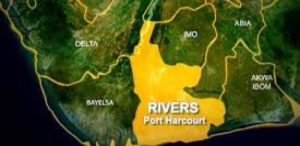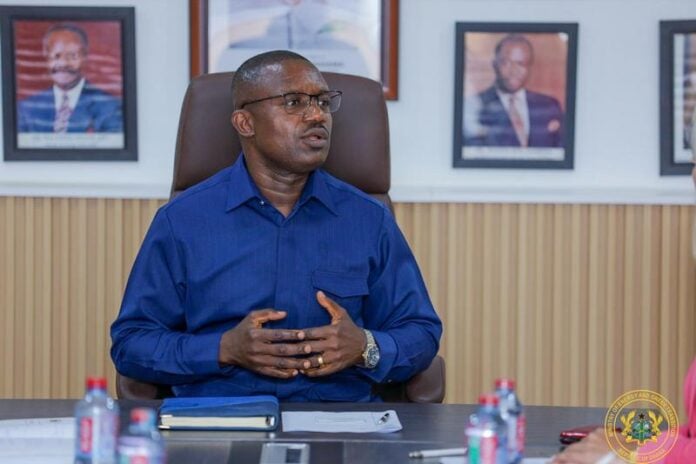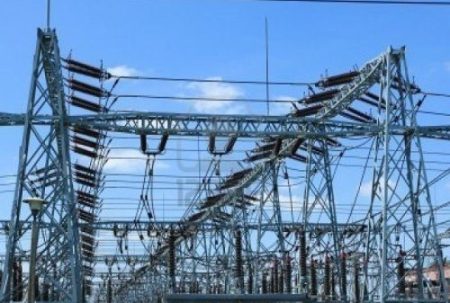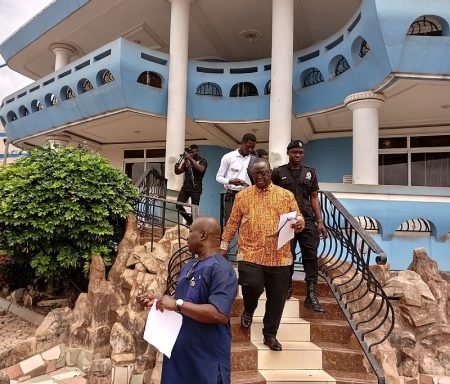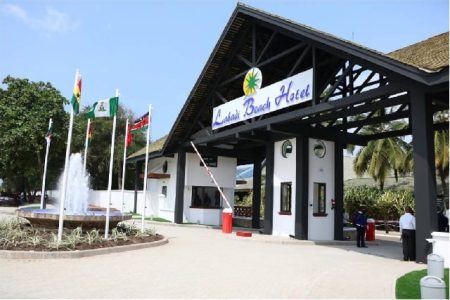Ghana’s declaration of commerciality for the Eban-Akoma oil and gas fields marks a significant milestone in the nation’s pursuit of energy independence and industrial advancement. The discovery, located within the Cape Three Points Block 4, holds substantial recoverable reserves of oil, gas, and condensate, promising to bolster Ghana’s energy security and fuel its economic transformation. This achievement is the culmination of extensive appraisal efforts by a consortium of international and national partners, signifying a successful collaboration between Eni Ghana Exploration & Production Ltd, Vitol Upstream Tano Ltd, Woodfields Upstream Ghana Ltd, GNPC Exploration & Production Company Ltd (Explorco), and the Ghana National Petroleum Corporation (GNPC). The declaration signifies not just a resource discovery, but a strategic step towards realizing Ghana’s ambition of leveraging its natural resources for national development.
The declaration of commerciality, officially submitted in July 2025, transitions the Eban-Akoma project into a crucial development phase. This involves the formulation of a comprehensive Plan of Development (PoD), which will meticulously outline the strategies for resource extraction, processing, and distribution. The PoD will serve as a blueprint for maximizing the economic benefits derived from the fields while adhering to stringent environmental and safety standards. Crucially, the plan will prioritize local content development, ensuring that Ghanaian businesses and professionals are actively involved in the project, fostering job creation and capacity building within the domestic energy sector. This alignment with national energy policy underscores the government’s commitment to translating resource wealth into tangible benefits for its citizens.
The Ministry of Energy and Green Transition, in collaboration with the Petroleum Commission and GNPC, will play a pivotal role in guiding the development process. Their oversight will focus on ensuring that the PoD aligns with Ghana’s long-term energy interests, balancing investor needs with national priorities. This involves rigorous technical and commercial assessments to optimize resource recovery, safeguard environmental integrity, and maximize the economic returns for Ghana. The government’s commitment to transparency and investor-friendly policies creates a stable and predictable environment, attracting international investment while protecting national interests.
The Eban-Akoma discoveries are more than just an addition to Ghana’s energy portfolio; they represent a crucial element in the country’s broader industrialization agenda. The revenue generated from these fields will not only contribute to national economic growth but also provide the financial resources necessary to invest in critical infrastructure, education, and social programs. By strategically managing its energy resources, Ghana aims to create a diversified and resilient economy, reducing dependence on external sources of energy and building a sustainable foundation for future prosperity. The development of these resources will also stimulate ancillary industries, creating a ripple effect of economic activity across multiple sectors.
The Eban-Akoma project is also poised to enhance Ghana’s regional influence within the West African energy landscape. As one of the leading oil and gas producers in the region, Ghana plays a pivotal role in shaping energy security policies and promoting regional cooperation. The successful development of these new fields will further solidify Ghana’s position as a key player in the regional energy market, attracting further investment and fostering technological advancement within the sector. This strengthened position allows Ghana to actively participate in regional energy dialogues, contributing to the development of sustainable energy solutions for West Africa as a whole.
The declaration of commerciality for the Eban-Akoma fields signifies a transformative moment for Ghana’s energy sector. It represents not merely the discovery of valuable resources, but the strategic utilization of these resources to drive economic growth, enhance energy security, and empower local communities. The collaborative approach between government agencies, national corporations, and international partners demonstrates a commitment to responsible resource management and a shared vision for a prosperous future. This achievement underscores Ghana’s determination to leverage its natural resources for sustainable development, setting a precedent for other resource-rich nations in the region.




